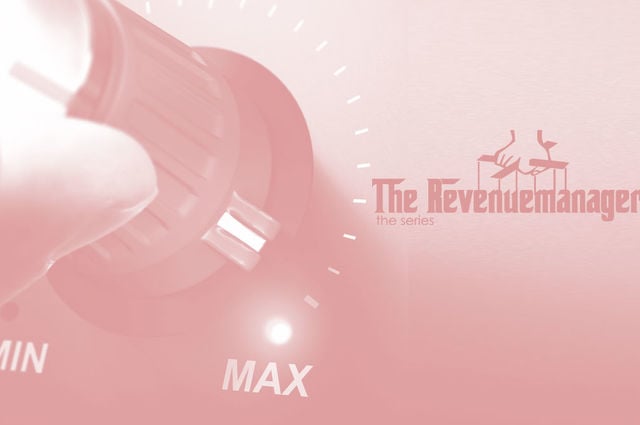Focus On Productivity: How COVID taught us to do more with less resources...
17 experts shared their view
According to the Global Travel Staffing Barometer, due to the pandemic, travel companies around the world have laid off or furloughed over half a million people, and the number of LinkedIn users in the hospitality space applying the #opentowork hashtag to their profiles grows day after day. Most hotels are struggling to run operations with skeleton crews only, yet they do not have any real alternative. In some countries, in fact, the financial help coming from governments is close to zero, so the only option for these hotels is to get rid of "superfluous" staff and try to run their businesses with a fraction of their employees. This forced most properties to heavily concentrate and focus on productivity, trying to get the best out of dire circumstances. How will this situation affect hotels? Can a global reset actually be a good thing, after all, forcing the industry to get more done with fewer resources? Or will this trend damage the guest experience in the long run?
Three words: Automation. Automation. Automation.
(And here you thought a Revenue Management expert would know how to count...)
Travel industry has been hit hard. But surprisingly, travel tech companies did relatively well in the recent year and most are still floating (except for the ones that were relying on hotel transaction fees in their business model). Why? The answer is obvious: "Do more with less" became every single hotel's motto in 2020, which paved a path to success for above-mentioned companies.
"Thanks" to the pandemic, our conservative industry has realized that technology is a friend, not a foe, so tech adoption rates are gradually climbing. And, as always, most innovative hotels that have upgraded their tech stack, will recover faster and thrive leaving everyone else behind.
So right now more than ever hotels need to rely on technology and AI. But not just any technology. One that makes you faster and more efficient without forcing you to sacrifice control over your strategy. I refer to it as controlled automation.



